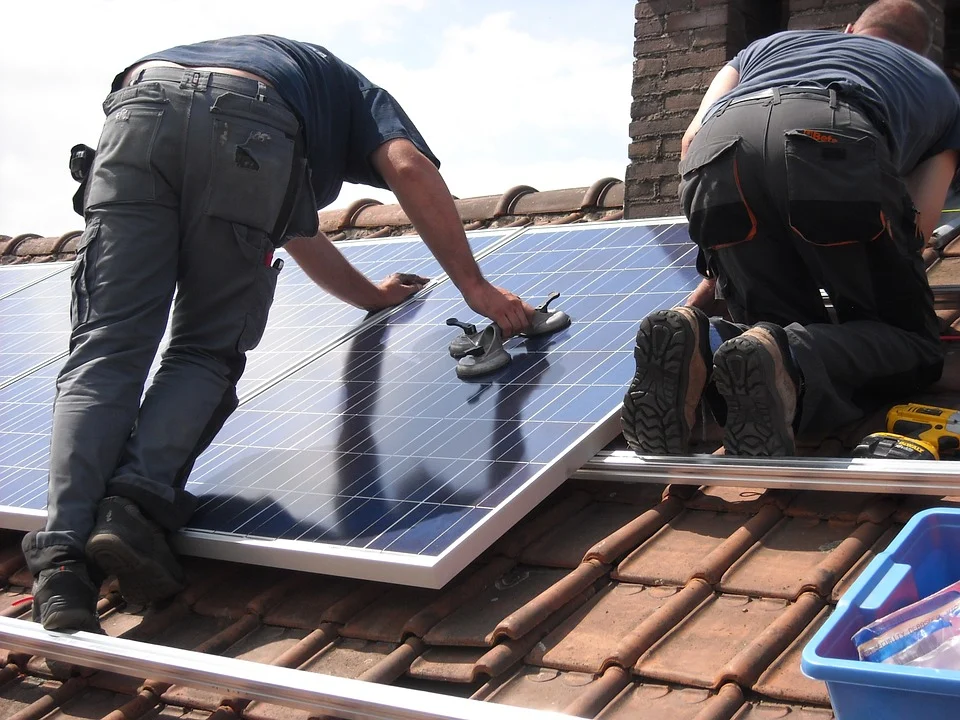Did you know that 55 percent of the world’s new renewable energy is now solar?
Making the switch to solar energy can be a great way to reduce your monthly energy bills, but it’s important to understand the limitations of solar power before you make a decision.
Keep reading because, in this article, we’ll discuss what is solar energy and the main limitations of solar energy, and how they might impact your ability to take advantage of this renewable resource.
1. Solar Energy Is Intermittent
Solar energy is only available during the daytime when there is sunlight. This means that you cannot use solar energy at night or on cloudy days. You can use storage methods such as batteries to store solar energy for use at night or during cloudy days but this adds to the overall cost of solar energy systems.
2. Solar Panels Are Expensive
The initial cost of solar panel systems can be quite high. However, the long-term savings on energy bills can make solar panels a worthwhile investment. Solar panel systems installed by a professional solar company can also add value to your home.
3. Solar Energy Requires Land
Solar energy systems require a large amount of land for the installation of solar panels. This can be a limitation for some people who do not have enough land or live in an urban area where space is limited.
4. Solar Energy Has a Low Power Density
Solar energy has a lower power density than other forms of energy such as fossil fuels. This means that more solar panels are required to generate the same amount of electricity as other forms of energy.
5. You Can Only Use Solar Panels in Certain Locations
Solar panels are a type of renewable energy technology that converts sunlight into electricity. Solar panels are most commonly used on rooftops, but they can also mount on the ground or poles. Solar panels are constructed up of photovoltaic cells, which transform sunlight into direct current electricity.
To work properly, solar panels must receive direct sunlight. This means that you can only use them in locations that receive direct sunlight for most of the day. This limits the use of solar panels to sunny locations such as the desert.
However, you can also use solar panels in cloudy or shady locations if they are combined with other types of renewable energy technologies, such as wind turbines.
6. The Efficiency of Solar Panels Decreases With Age
Solar panels are a popular choice for those looking to reduce their reliance on traditional forms of energy. However, solar panels can lose their efficiency over time as they accumulate dirt and dust. This can reduce the amount of sunlight that can be converted into electricity, ultimately leading to higher energy bills.
Solar panel cleaning can help to maintain the efficiency of solar panels, ensuring that they continue to provide clean, renewable energy. In addition, regular cleaning can also help to extend the lifespan of solar panels. As a result, it is important to consider solar panel cleaning as part of regular maintenance.
Want to Learn More About the Limitations of Solar Energy?
As you can see, there are several limitations of solar energy that you should be aware of before making the switch to solar. Solar energy is a great renewable resource but it’s important to understand the limitations so that you can make an informed decision about whether or not solar is right for you.
If you want to learn more about solar energy limitations and how it works, check out our blog.

